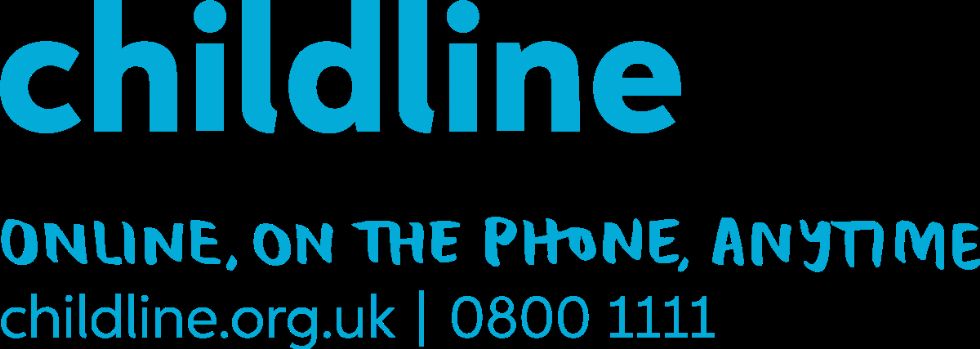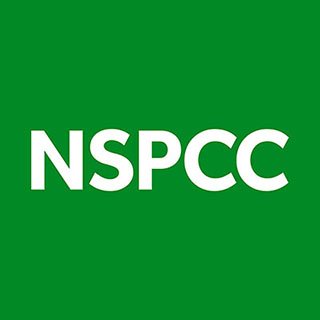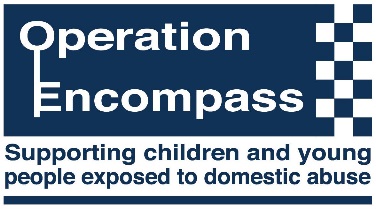Safeguarding
Our school is committed to safeguarding children and promoting children’s welfare and expects all staff, governors, volunteers and visitors to share this commitment and maintain a vigilant and safe environment. Everyone has a responsibility to act without delay to protect children by reporting anything that might suggest a child is being abused or neglected.
Safeguarding across our curriculum and within our school culture; supports, promotes and empowers all our pupils to know how to stay safe. We are wholly committed to ensuring our pupils are able to navigate their way through the demands and pressures of today's society. We provide our pupils with active learning opportunities so as that they are equipped with the knowledge, skills and understanding of how they can respond to the challenges they may face in the 'real world'.
Our Safeguarding Team:
Miss D. Maudsley - Headteacher
Mrs S. Melarangi - Designated Safeguarding Lead
Miss K.McSteen - Deputy Safeguarding Lead
Mrs C. O'Connell - Deputy Safeguarding Lead
Miss D. Penny - Deputy Safeguarding Lead
Miss J. Bond - Deputy Safeguarding Lead
Mrs A. Nicol - Deputy Safeguarding Lead
Concerned about a child?
If you think a child is in immediate danger, call the police without delay. We're all responsible for reporting concerns about a child's welfare; the links below provide a guide to reporting your concerns about a child
https://liverpool.gov.uk/social-care/childrens-social-care/getting-help/careline-child-services/
You can seek advice or share your concern with Liverpool Careline on 0151 233 3700.
You can seek advice from the NSPCC - https://www.nspcc.org.uk/keeping-children-safe/reporting-abuse/nspcc-helpline/
Guidance and Resources for Children and Parents/ Carers
 Safeguarding Resource Hub for children and parents/ carers: a free hub of national safeguarding resources to empower children, young people and all adults supporting them.
Safeguarding Resource Hub for children and parents/ carers: a free hub of national safeguarding resources to empower children, young people and all adults supporting them.
 https://www.childline.org.uk/kids/ For Children: You can contact Childline about anything. Whatever your worry, it's better out than in.
https://www.childline.org.uk/kids/ For Children: You can contact Childline about anything. Whatever your worry, it's better out than in.
 https://www.nspcc.org.uk/keeping-children-safe/ for parents/ carers: Support and tips to help you keep children safe. From advice on children’s mental health to staying safe online, support for parents and what to do if you’re worried about a child.
https://www.nspcc.org.uk/keeping-children-safe/ for parents/ carers: Support and tips to help you keep children safe. From advice on children’s mental health to staying safe online, support for parents and what to do if you’re worried about a child.
 https://www.nspcc.org.uk/what-is-child-abuse/types-of-abuse/gangs-criminal-exploitation/ : For parents/ carers : Advice about how to spot the signs of criminal exploitation and involvement in gangs and what support is available for children and young people.
https://www.nspcc.org.uk/what-is-child-abuse/types-of-abuse/gangs-criminal-exploitation/ : For parents/ carers : Advice about how to spot the signs of criminal exploitation and involvement in gangs and what support is available for children and young people.
Online Safety:
Our pupils are taught about keeping safe online through the computing and PSHE curriculum. This is further enhanced through assemblies, Safer Internet day and ongoing messages reinforcing the importance of keeping safe when online.
Please follow the links for advice around keeping children safe online.
- NSPCC Online Safety - https://www.nspcc.org.uk/keeping-children-safe/online-safety/
- UK Safer Internet Centre - https://www.saferinternet.org.uk/
- Childnet International - https://www.childnet.com/
- CEOP (Child Exploitation and Online Protection Command) - https://www.ceop.police.uk/safety-centre/
 https://www.bbc.com/ownit - For children : 'Own It' is all about helping you make the most of your online life and getting help when you need it most. Find out about the Own It website and what it has to offer kids.
https://www.bbc.com/ownit - For children : 'Own It' is all about helping you make the most of your online life and getting help when you need it most. Find out about the Own It website and what it has to offer kids.
Operation Encompass
In conjunction with Merseyside Police, St. John’s Primary is involved in an initiative called Operation Encompass. The purpose of Operation Encompass is to safeguard and support children and young people who have been involved in, heard or witnessed a domestic abuse incident. Following such an incident, children will often arrive at school distressed, upset, worried and unprepared. Operation Encompass aims to ensure that appropriate school staff (called Key Adults) are made aware early enough so they can support children and young people in a way that means they feel safe and included.
At St. John’s our Key Adults are Mrs S. Melarangi (DSL) and Miss D. Penny (Deputy DSL).
This is a valuable initiative that means we can continue to support and help children and families within our school community when they need it the most.
You can find our more by visiting www.operationencompass.org or by contacting one of our Key Adults.
The Prevent Strategy
Prevent is a government strategy designed to stop people becoming terrorists or supporting terrorist or extremist causes. The Prevent strategy covers all types of terrorism and extremism, including the extreme right wing, religious extremists and other causes.
How does the Prevent strategy apply to schools?
From July 2015 all schools (as well as other organisations) have a duty to safeguard children from radicalisation and extremism. This means we have a responsibility to protect children from extremist and violent views in the same way we protect them from drugs or gang violence. Importantly, we can provide a safe place for pupils to discuss these issues so they better understand how to protect themselves.
What does this mean in practice?
Many of the things we already do in school to help children become positive, happy members of society also contribute to the Prevent strategy.
These include:
- Exploring other cultures and religions and promoting diversity
- Challenging prejudices and racist comments
- Developing critical thinking skills and a strong, positive self-identity
- Promoting the spiritual, moral, social and cultural development of pupils, as well as British values such as democracy.
We will also protect children from the risk of radicalisation, for example by using filters on the internet to make sure they can’t access extremist and terrorist material and by vetting visitors who come into school to work with pupils.
Different schools will carry out the Prevent duty in different ways, depending on the age of the children and the needs of the community.
Frequently Asked Questions
How does Prevent relate to British values?
Schools have been required to promote British values since 2014, and this will continue to be part of our response to the Prevent strategy.
British values include:
- Democracy
- The rule of law
- Individual liberty and mutual respect
- Tolerance of different faiths and beliefs
Isn’t my child too young to learn about extremism?
The Prevent strategy is not just about discussing extremism itself, which may not be appropriate for younger children. It is also about teaching children values such as tolerance and mutual respect. The school will make sure any discussions are suitable for the age and maturity of the children involved.
Useful links:
https://www.gov.uk/government/publications/prevent-duty-guidance Government Guidance
https://actearly.uk/ Action Counters terrorism

